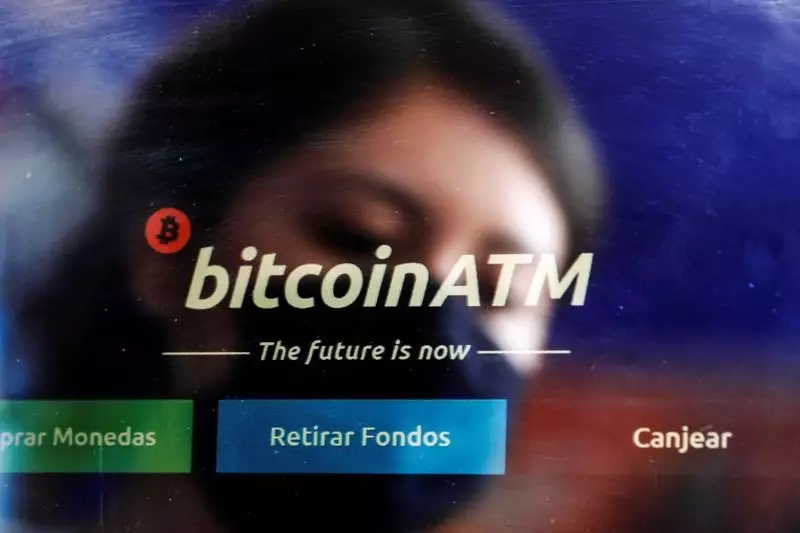The cryptocurrency market is notorious for its volatility, influenced by myriad factors ranging from blockchain activity to macroeconomic trends. Recently, an intriguing event captured the attention of Bitcoin enthusiasts: the reactivation of a unique Bitcoin wallet that had lain dormant for over a decade. This wallet, which held 25 BTC, was awakened at the same time as Bitcoin made headlines by briefly touching the $69,000 mark. The wallet’s previous inactivity since 2013 adds an extra layer of intrigue as it signals that significant players are still observing and reacting to market conditions.
To fully appreciate the impact of this reactivation, it’s important to contextualize the historical price movements of Bitcoin. When the wallet was first opened, Bitcoin was valued at under $1,000, making its current worth of approximately $1.7 million quite astonishing. This change in value reflects the dramatic appreciation that Bitcoin has experienced over the past decade. The timing of the whale’s reentry into the market coinciding with Bitcoin’s recent surge is noteworthy, as it suggests that the whale may be responding to market cues that indicate growing demand for digital assets.
Furthermore, this reemergence occurred amidst a broader rally that saw Bitcoin rise for four out of five days, reflecting investor optimism and increasing appetite for cryptocurrencies. The aura of expectancy that often accompanies such price movements signals a potential reawakening of bullish sentiments, with many speculating that Bitcoin could be headed for another round of growth, possibly testing the $70,000 threshold once again.
The Broader Investment Landscape
Moreover, the cryptocurrency market is experiencing heightened interest from institutional investors, leading to a significant influx of capital. Reports indicate that over $1.8 billion was added to U.S. exchange-traded funds (ETFs) holding Bitcoin in just one week. This component adds a layer of stability and institutional validation to the cryptocurrency market, distinguishing it from the speculative nature often associated with retail trading. The approval of Bitcoin ETFs in the United States has made it easier for traditional investors to gain exposure to cryptocurrency, which could potentially lead to increased adoption and further price escalations.
However, while the market is buzzing, caution remains crucial. Bitcoin’s price trajectory is not linear, and the cryptocurrency has seen substantial fluctuations, including a plummet of over 30% earlier this year. The recent surge to $69,000 is reminiscent of the bullish trends observed prior to Bitcoin’s all-time high of $73,797 in March. Still, the marketplace remains susceptible to corrections, making investor sentiment a key element to watch.
As Bitcoin continues to navigate through a complex interplay of market variables, the reactivation of this long-dormant whale serves as a reminder of the significance of historical participants in this space. The potential for future price movements is intertwined with the decisions of these veterans who may signal market trends, whether through buying, selling, or holding their assets.
The cryptoeconomy finds itself at a pivotal moment, balancing between rekindled investor interest, institutional engagement, and the ever-present volatility that characterizes it. Understanding these dynamics not only informs short-term trading strategies but also influences long-term outlooks on Bitcoin’s role within the broader financial ecosystem. The return of a substantial player to the market might just be the catalyst needed for the next phase of growth in the cryptocurrency landscape.

